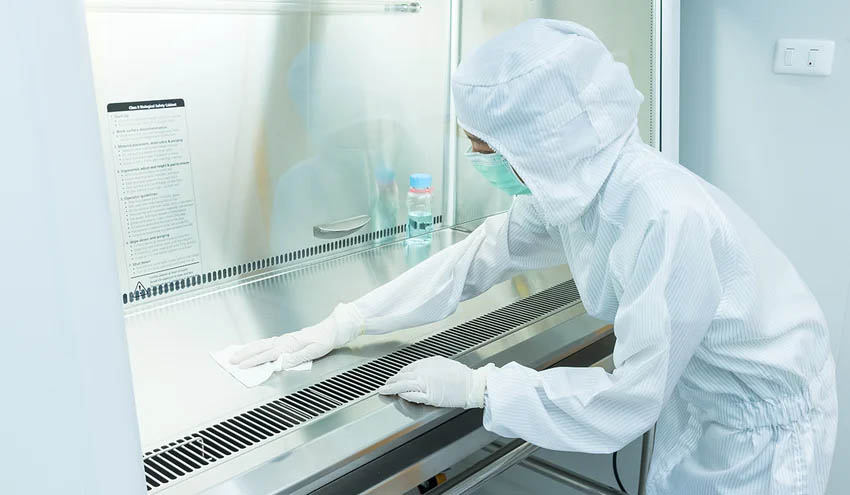Science: The Central Drugs Standard Control Organisation (CDSCO) has directed sterile equipment manufacturers to comply with Schedule M of the Drugs and Cosmetics Rules, under which companies are mandated to follow good manufacturing practice (GMP) in line with World Health Organisation (WHO) standards. Till now, GMP was mandatory only for drug manufacturers, but compliance is considered equally important for sterile product and vaccine manufacturers as well. This development becomes significant given the growing size of the Indian sterile equipment market. “The revised GMP notification published last December is generally for all types of drug items. It lays down general requirements, which should be followed by all pharmaceutical companies. The notification clearly specifies the requirements for each type of product such as sterile products, biological products, ophthalmic solutions and other injections, etc,” said an official. Apart from the general requirements, WHO publishes its guidelines for various products from time to time. Companies have been asked to self-assess, take necessary steps to fill the gaps and strengthen GMP compliance as per WHO standards,” the official cited above said. These products include surgical instruments, forceps, biopsy instruments, ophthalmic devices including soft contact lenses, ophthalmic solutions, arthroscopes and laparoscopes and injectables that go directly into the patient’s bloodstream.
What is GMP?
The Good Manufacturing Practice, or GMP, mandated by the WHO, prescribes the standards required to enhance product quality through control measures relating to materials, methods, machinery, processes, personnel, facilities and environment. The government, in December last year, amended or revised Schedule M of the Drugs and Cosmetics Rules, 1945, to upgrade, tighten and make GMP norms mandatory, especially for micro, small and medium enterprises (MSMEs). As part of the government guidelines announced in July 2023 and notified in December 2023, pharma companies with an annual turnover of over ₹250 crore will be required to comply with the GMP norms. had to mandatorily comply with GMP within six months, while companies with turnover less than ₹250 crore had to do so within a period of 12 months. Compliance to GMP guidelines was strengthened to ensure quality standards of medicines manufactured in India, after risk-based inspections of pharmaceutical companies by the central government found serious lapses such as lack of infrastructure at the manufacturing site, poor documentation, low-skilled staff, lack of testing of raw materials, etc. This was done in the backdrop of Indian cough medicines causing deaths of children in Gambia and Uzbekistan.
